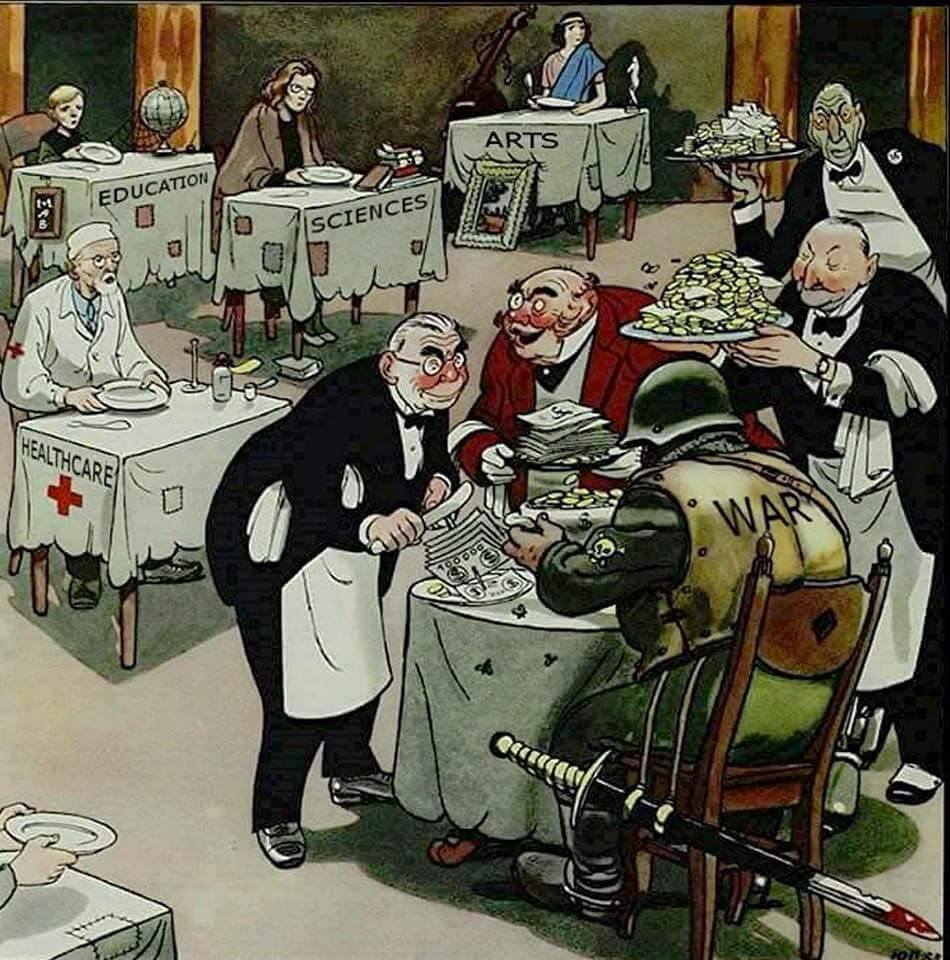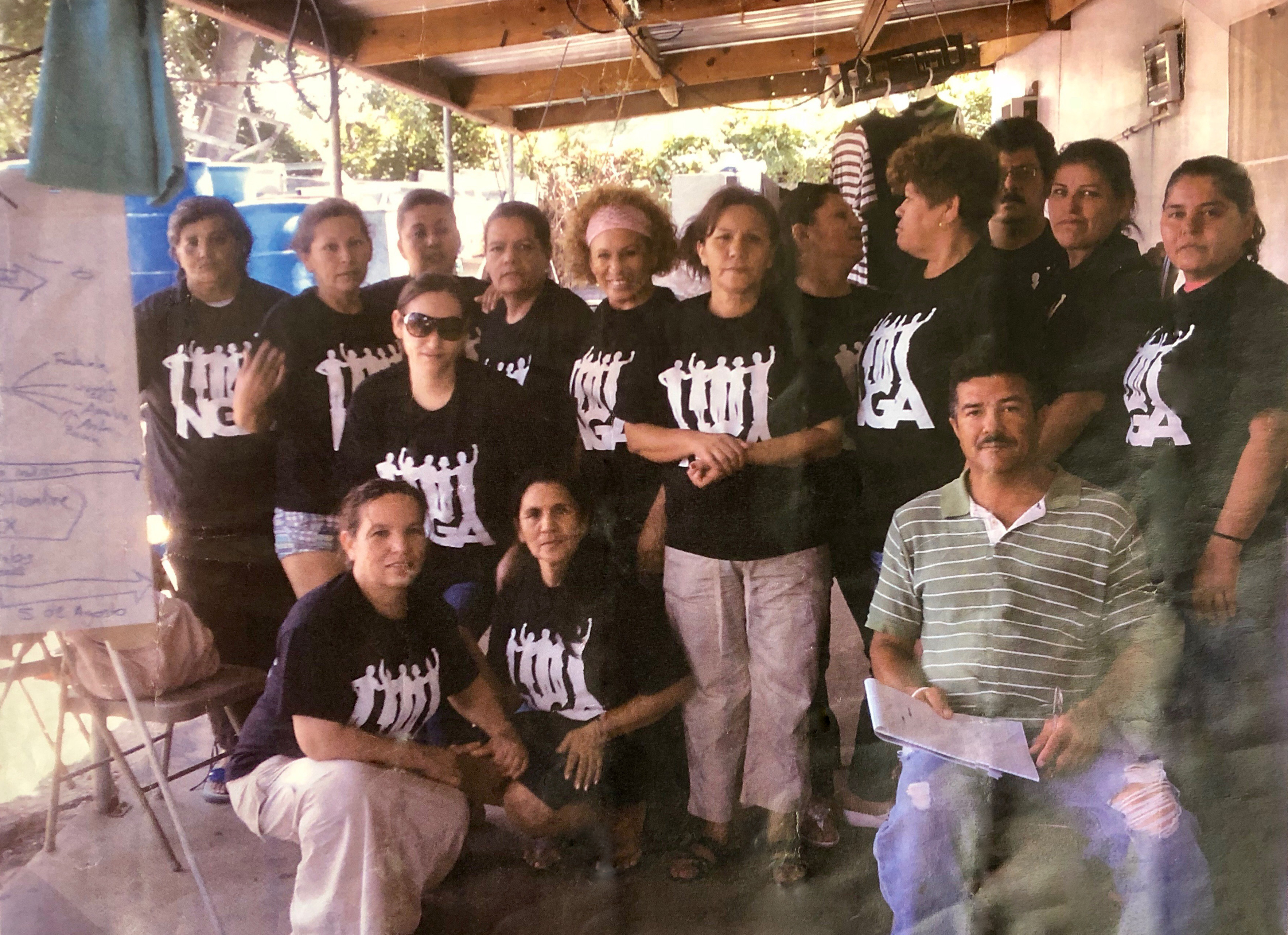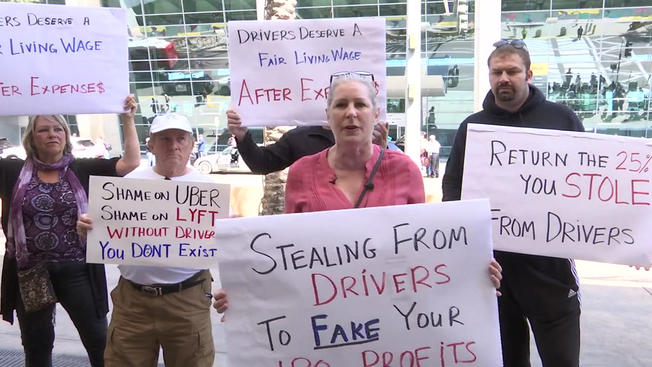We Must End the Industrial Tax Exemption Program
By Peyton Gill
ITEP is the industrial tax exemption program put into Louisiana state legislation in 1974, and for the past 45 years, it has been the most notorious property tax abatement program in the United States. It’s sold as a way to bring jobs to the state by luring corporations and large businesses with rebates on their taxes or by totally exempting these companies from paying their property taxes. In fact, over the last twenty years, Louisiana based companies have dodged $23 billion in taxes through this program while cutting net employment by more than 26,000 jobs.
The state is generous with tax abatements, offering corporations 10-year 100% tax exemptions. The tax dollars these corporations are not paying could be used to provide us workers with better living and working conditions. These tax dollars should be going to state and local government and streamed into schools, infrastructure, public transportation, etc. Responding to public outrage over this theft of public money, in 2016 Gov. Edwards announced changes in ITEP through an executive order, allowing for local governing bodies (like school boards) to weigh in on the decision-making when corporations submit ITEP applications for property tax exemptions.
Less than 6 months ago, members of two teachers’ unions in East Baton Rouge unanimously voted to hold a 1-day strike when they found out ExxonMobil would be submitting their routine request for a $6.5 million-dollar property exemption. Shortly after the teachers and school employees declared their threat, ExxonMobil withdrew its request for tax abatement. Power to the people! Go Louisiana Association of Educators and East Baton Rouge Federation of Teachers!
As a result of the school board having a seat at the Board of Commerce and Industry meetings, and voicing their objections to these thieving corporations, now two LA state legislators are proposing legislation for the upcoming session that would limit local involvement in ITEP. This was announced in January 2019. So—news flash—it is 100% obvious where our state legislators stand: with the million- and billion-dollar corporations, not with the people.
Both Democrat and Republican politicians are making their objective apparent: to keep their campaign donations flowing, while teachers are underpaid, schools do not have resources to provide the necessary attention and education to our children, our roads have sinkholes, healthcare/sick pay/vacation pay are considered “benefits” and people are struggling. We are smart though! When workers get together to study, discuss, and strategize (like the teachers’ unions did), we can overpower the corruption! Local involvement is necessary to ensure we workers are taken care of, because the business government ain’t doin’ it!





